Malawi is an incredibly beautiful country and we were lucky enough to be able to sample some of its natural beauty through weekend trips. Its stunning mountains, rolling greenery, and diverse wildlife can be seen nearly everywhere. A thirty minute drive from Blantyre led us to Mount Mulanje, a massive collection of 21 peaks (one of which we then attempted to climb–something Sarah and I are still recovering from). A little farther away was Satemwa, a tea plantation that sported low hills covered in lime green tea plants.
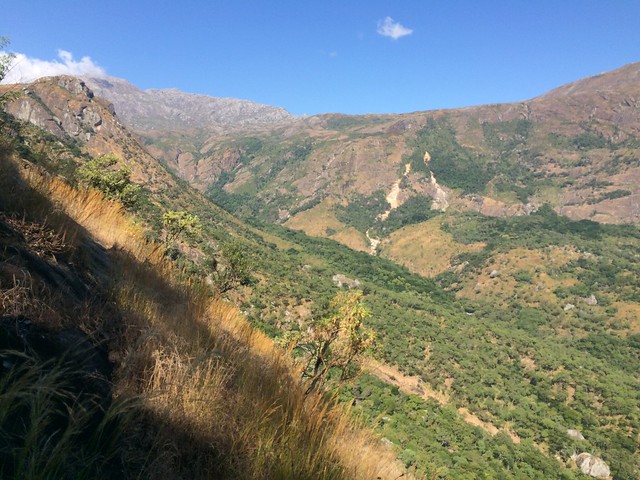 |
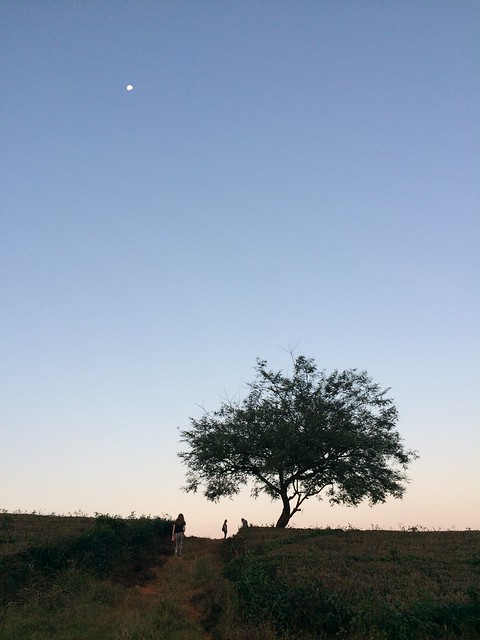 |
One of our favorite trips took us to Liwonde on a boat safari where we watched hippos and elephants frolic under a melting sunset sky. It was a peaceful Finally, there was the trip to Lake Malawi, the countries biggest tourist attraction, with the Malawian interns at the Poly.
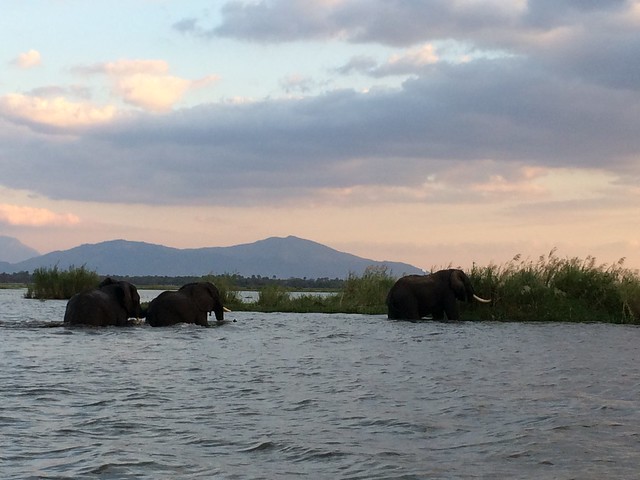 |
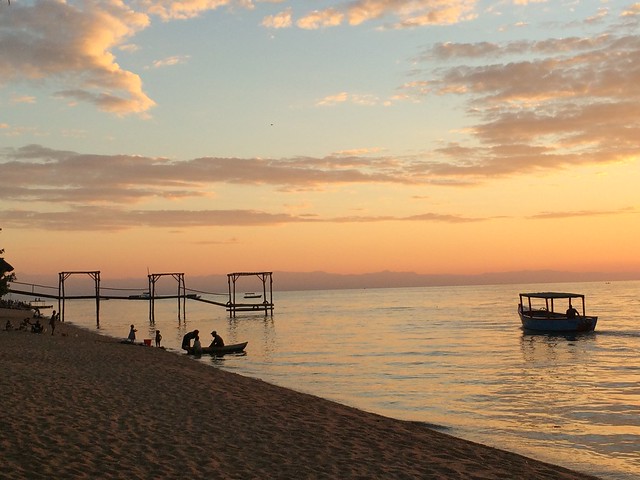 |
Natural beauty, though, is not always appreciated and maintained. Our weekend trips often took us to places removed from heavy human contact. There were definitely people living in villages and towns near Mulanje, Satemwa, Liwonde, and Lake Malawi, but their lifestyles were simple enough that the nature around them remained pristine. The situation is completely different in Blantyre, a city where people are crammed together in small spaces and have to use products that are packaged and processed rather than relying on their subsistence farms. Here, trash often litters the streets and the sight of plastic bags and cartons thrown in nearby creeks or gutters is not uncommon. It’s quite the public health problem, especially when families use creeks as water sources to wash dishes, do laundry, or even cook food.
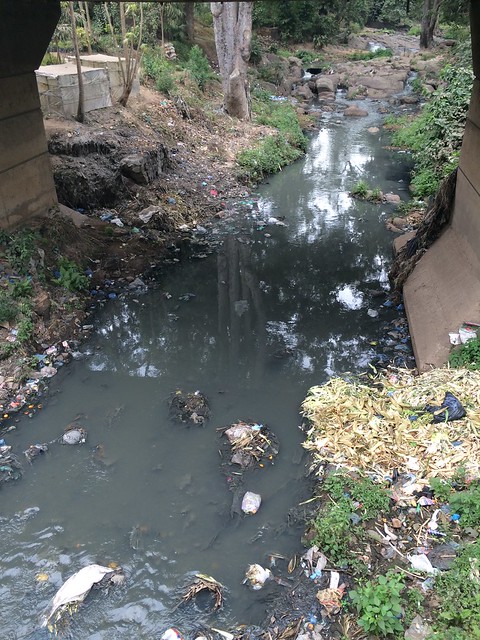
The Malawian government, like several others in Africa (1) (2) (3), has started to take measures to combat the pollution. In the two months we have been here, the government has passed legislation that prevents plastic bags from being less than 35 microns thick. Grocery stores now charge 20 to 40 kwacha for a plastic bag, a small price to pay, but ultimately something that could begin to make Malawians more conscious of their choices. In the short run, this will hopefully make places like the Market Creek safer and cleaner. In the long run, this is a progressive step by the government towards fixing environmental factors and practices that can endanger public health.